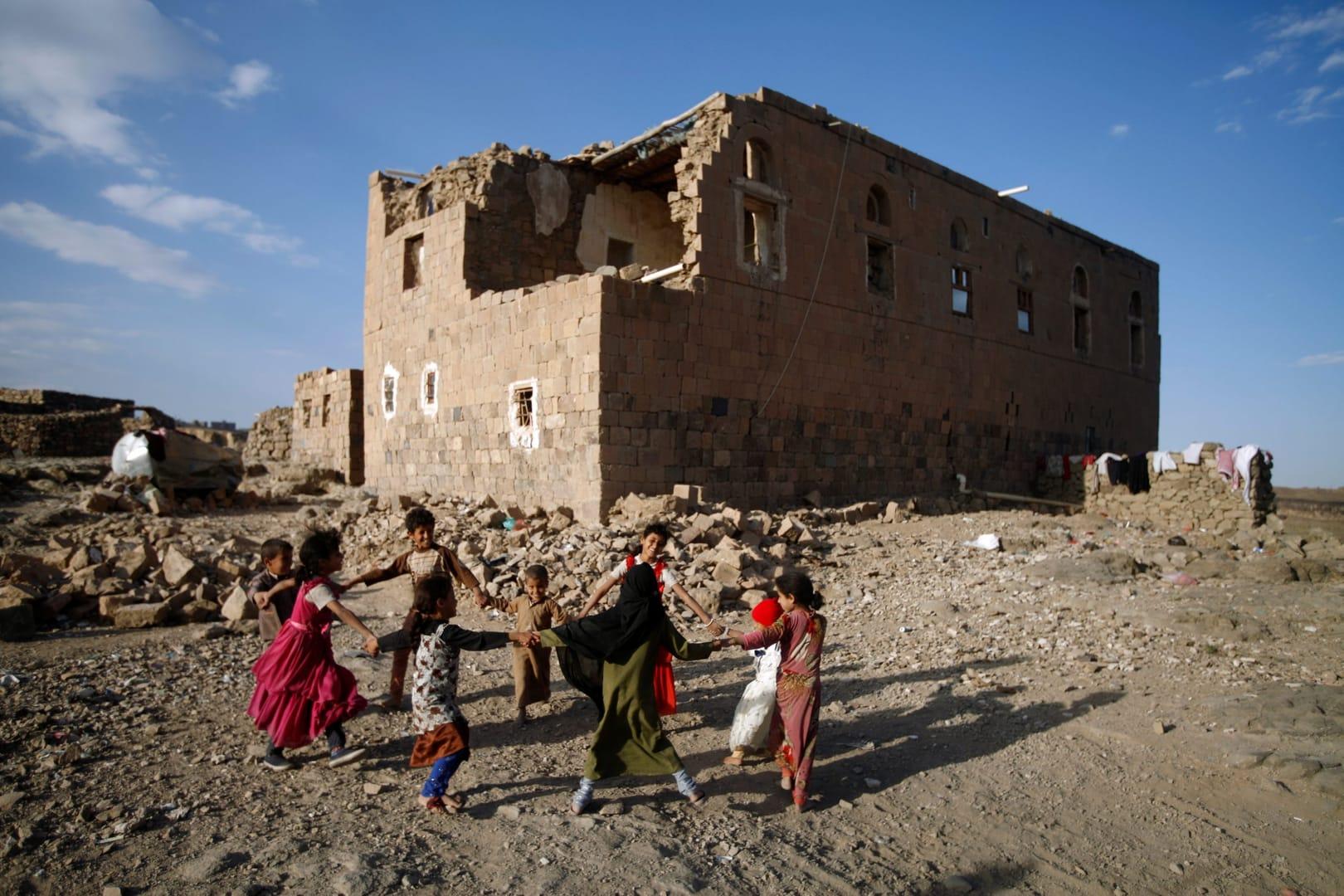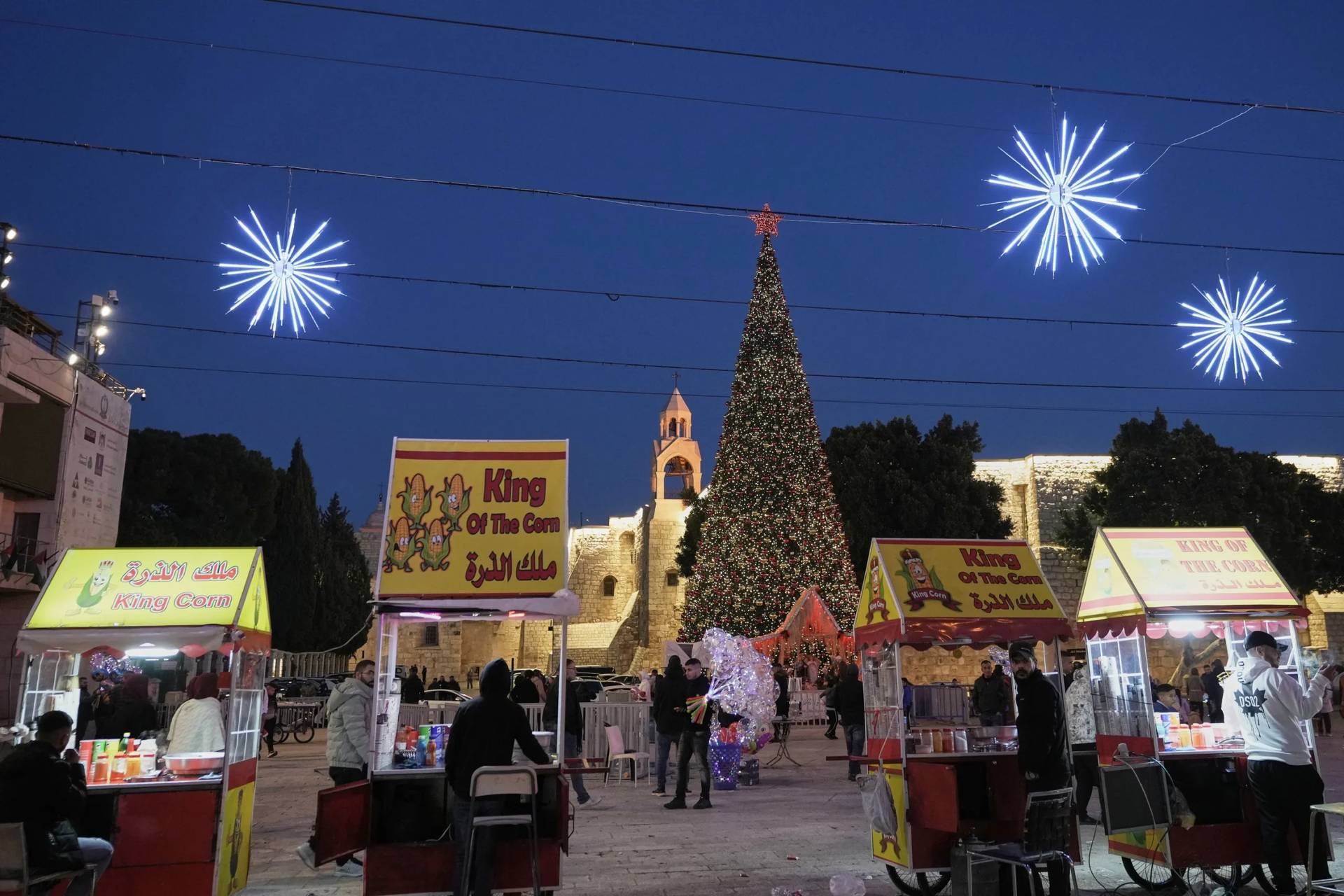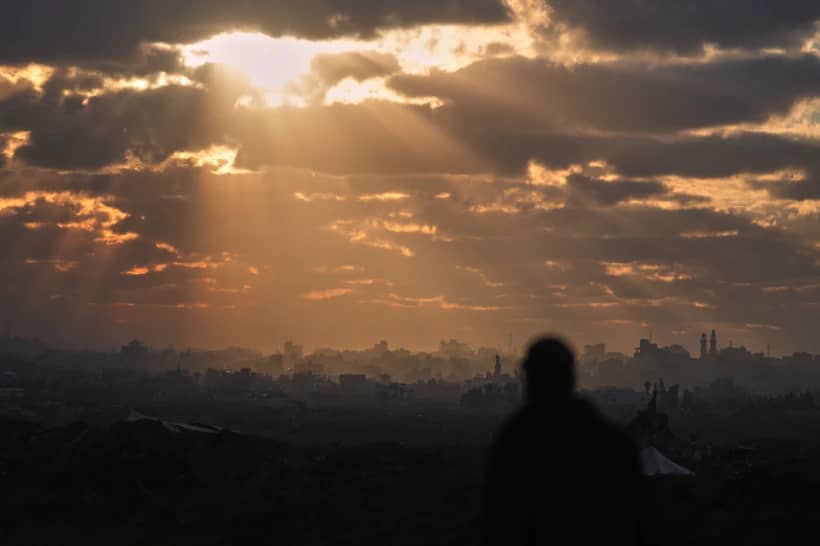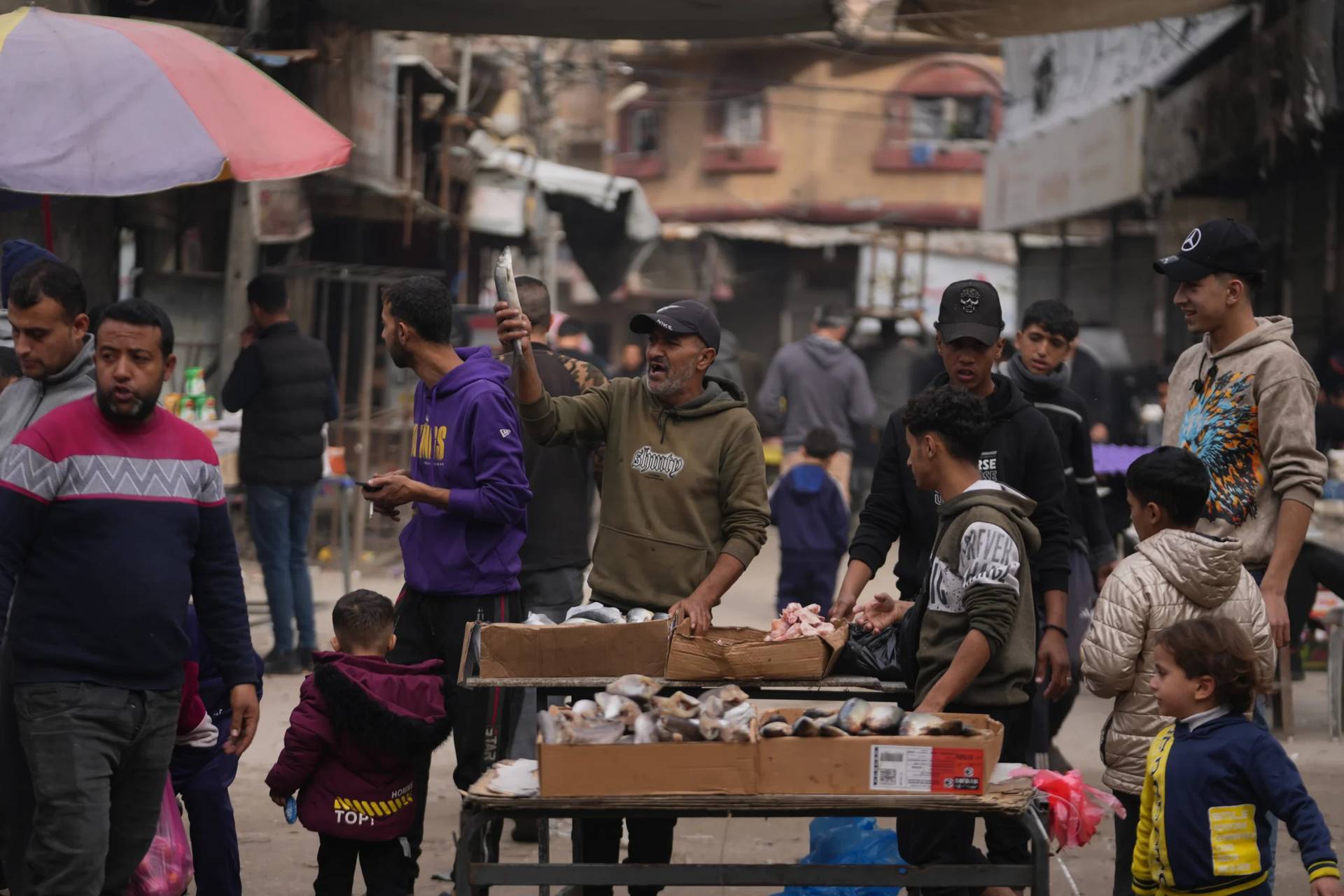ROME — Cheese, prosthetics and hydrogen generators for cars are some of the products local activists are proposing for the possible conversion of an arms factory in Italy’s southern Sardinia region if a government ban on bomb exports to Saudi Arabia continues.
What will be important, Father Angelo Pittau told the Catholic newspaper, Avvenire, is making sure the decision-making process includes different local interests, especially the farming community, which is usually left out of such talks.
Also, “in our opinion, only a government body can and should have the courage to indicate a new path” forward for the German-owned arms factory, said the 80-year-old priest who heads the Diocese of Ales-Terralba’s Caritas and its office for the pastoral care of workers.
With so much at stake, he told the paper Dec. 10, it would be best for government leaders to allow the island of Sardinia to have a greater say and role in launching needed agricultural projects, rural development, scientific research and technology development there.
The priest was part of a Sardinian delegation of groups proposing alternative manufacturing activities for the heavy weapons factory, RWM Italia, located in one of the poorest parts of the Italian island. The region suffers from high unemployment, abandoned mines and neglected countryside.
The some 6,000 residents of the town, Domusnovas, depended heavily on the subsidiary of the German arms giant, Rheinmetall Defence, which had signed in 2016 a 410 million-euro (nearly $500 million) contract with Saudi Arabia for arms, including precision guided and air-dropped bombs. Saudi Arabia’s air force began bombing military targets in Yemen in 2015, but the airstrikes were also hitting civilian areas.
RWM Italia said in November it had employed close to 460 people, but after its export license was revoked by parliament last year, only about 150 people still work there.
The Italian government approved in July 2019 a parliamentary motion to suspend for 18 months the export of aircraft bombs and missiles to Saudi Arabia and the United Arab Emirates until there were concrete signs of a peace process with Yemen. The motion will expire in late January and the government will have to decide whether to resume exports or permanently halt production of the armaments, risking the factory’s closure.
The Sardinian groups, which include environmental and pacifist organizations, had submitted formal proposals to government officials in Rome Dec. 7 to convert the weapons facility into a Sardinian sheep and goat milk cheese factory that would support a traditional industry.
Other manufacturing alternatives proposed by local groups included essential oils, prosthetics for those injured in war, hydrogen generators for vehicles, organic construction materials and other products.
RWM Italia and union representatives were looking instead at redirecting their sales to the Italian military and NATO.
For more than five years, Saudi Arabia has led a coalition aiding Yemen’s government in fighting rebels from the Houthi ethnic group.
The brutal conflict has led to what is considered the world’s largest humanitarian crisis with 80% of the country’s 30 million people in need of help. Millions of Yemenis have been left homeless, lack clean water and sanitation, and are suffering from extreme levels of malnutrition.
The U.N. Office for the Coordination of Humanitarian Affairs estimates that more than 230,000 people have been killed since the start of the conflict.















